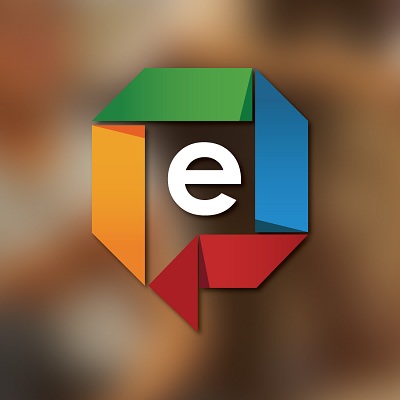7 Things to Remember Before Writing Business Emails
Effective communication is the key to success in any professional field. Now that most of the companies are forced to work from home because of lockdown, online workspaces have emerged out to be quite a necessity during this hour of need. Not only it makes communication easier by creating explicit threads but also improvises the overall process of project management.
Why email: Despite of all the modernized mode of e-communication, email still stands out to be the most accessible and cheapest. For any small organization to flourish email communication acts as an instantaneous support channel for conveying information and your way of writing it is the first impression that you embark upon the receiver. Be it applying for a new position, proposing a business idea to your client or detailing a policy change of your company, email is still the preferred mode of business communication.

Now that you have got an idea about the importance of email centric to business, you must know certain etiquettes, formats and styles when you write a business email. If you wish to receive a swift response from your recipients or want to depart a positive enduring impression, your need to take that extra bit of care when you write a business email. Here’s a glance at 7 simple things to follow before you write your next business email:
- Brief yet descriptive subject line: Your subject line must provide a clear picture about the content of your email. In an ocean of hundreds of other emails, if you want your receiver to focus on your email, you must ensure to have that catchy subject line. It should be relevant and to the point. For example, you want to detail your client about a series of meetings that you had with a 3rd party last week make a subject line like:
“Summary of meetings with XYZ suppliers”
- Less is more: Remember the reader doesn’t want to spend too much time on your email. Too long phrases can confuse the recipient and cause loss of interest. Hence, keep it concise and easy. Don’t use complicated expressions or proverbs. Start with a small greeting, then the aim of your email followed by any additional information you wish to produce. Next include the particular call to action, that is, the task to be accomplished. Ensure to have enough clarity in this part. End your email with a closing message preferably polite phrases like “Kind Regards”/“I look forward to your response”.
- Know your recipient: The audience is always the highest priority. Based on the background of your reader, whether it is your boss, client or a close colleague, your email tone may vary. While your close colleague may accept an informal message, your boss or client may not like it. For example, phrase like “Could you look into it?” is well recommended for your work buddy however your boss might prefer the identical to be as “I was wondering if you could look into it?”. You have the liberty to use acronyms in your email when your recipient already has the deep knowledge about the specific project you’re referring to, while in other cases where you’re not much tuned to your audience, it is advisable not to do the same.
- Punctuations and grammar: While this criterion isn’t so important when you write an informal email to your close colleague, the same turns out to be of utmost value when you write to your boss/client. Give yourself the time for correct quality check once you draft an email. Use proper spacing, accurate punctuations and fonts to grant an attractive visual look to your email. This will again capture your reader’s attention easily.
- Directive or indirective: This again depends on the kind of your recipients. In some professional cultures, recipients like the emails to be clear and direct showing precisely what the sender wants, whereas, in some cases, it is impolite. So, adjust your email tone accordingly. Here’s an example,
Direct – ‘There will be a delay’.
Indirect – ‘I’m afraid there will be a slight delay’.
- Positive approach: Using positive phrases like “helpful, good question, agreed, together” describes your work attitude. This often helps you to build up a close connection with your reader.
- Observe your feedback: Try to obtain feedback of your way of writing emails. This may facilitate your improvisation and encourage you to keep going.
How about getting a one to one training from a professional coach based on the items listed above? Sounds much easier right? Sign up with English for Work courses at Express English before writing your next business email and build up an excellent professional image. Join our business English learning for faster development of your email writing skills. Get trained by our expert business English coaches and give the perfect concrete professional look to your business emails.
Related Posts:









